Iran’s parliament has ratified a 20-year strategic partnership agreement with Russia, deepening ties between the two countries, Reuters reported on May 21.
The agreement, initially signed by Russian President Vladimir Putin and Iranian President Masoud Pezeshkian on Jan. 17, was backed by the Russian parliament in April. The Iranian vote is the final legislative step before full implementation.
Iran has emerged as a key ally of Russia in its war against Ukraine, supplying Moscow with kamikaze drones and short-range ballistic missiles used in attacks on Ukrainian cities.
While the pact does not include a mutual defense clause, it outlines commitments for both countries to cooperate against common military threats, enhance military-technical collaboration, and participate in joint military exercises, according to Reuters.
Beyond military cooperation, the agreement includes provisions aimed at expanding economic ties. It encourages direct interbank collaboration and the promotion of national financial instruments, aiming to ease transactions and reduce reliance on Western banking systems.
Moscow has been Tehran's long-time ally, but their cooperation intensified after the outbreak of Russia's full-scale war against Ukraine in 2022. Iran has provided Russia with thousands of Shahed drones used in attacks against Ukrainian cities, as well as short-range ballistic missiles.
Reuters recently reported that Iran was preparing to send Russia Fath-360 short-range ballistic missile launchers with a range of 75 miles (120 kilometers).
With Iran's assistance, Russia has begun producing its own variants of Shahed drones called Geran-2.
Iran and Russia have also been at the forefront of confronting what they see as the Western-led global order, with Tehran sponsoring militant groups in the Middle East attacking the West's allies.
Their alliance suffered a major blow last December when Syrian rebels ousted dictator Bashar al-Assad, who was supported by both Russia and Iran.
Last June, Putin signed a similar partnership agreement with North Korea, under which both parties agreed to military support of each other in case of an armed attack. Months after the deal was signed, North Korea dispatched up to 12,000 troops to help fend off a Ukrainian incursion in Russia's Kursk Oblast.
‘Trump doesn’t know how to deal with gangsters’ — US lets Ukraine down, once again
In what is now a semi-regular occurrence, the workings of U.S.-led global diplomacy has cast a dark shadow over Ukraine. U.S. President Donald Trump spoke with his Russian counterpart, Vladimir Putin, on May 19 in the latest attempt to broker a ceasefire in Ukraine. The call came

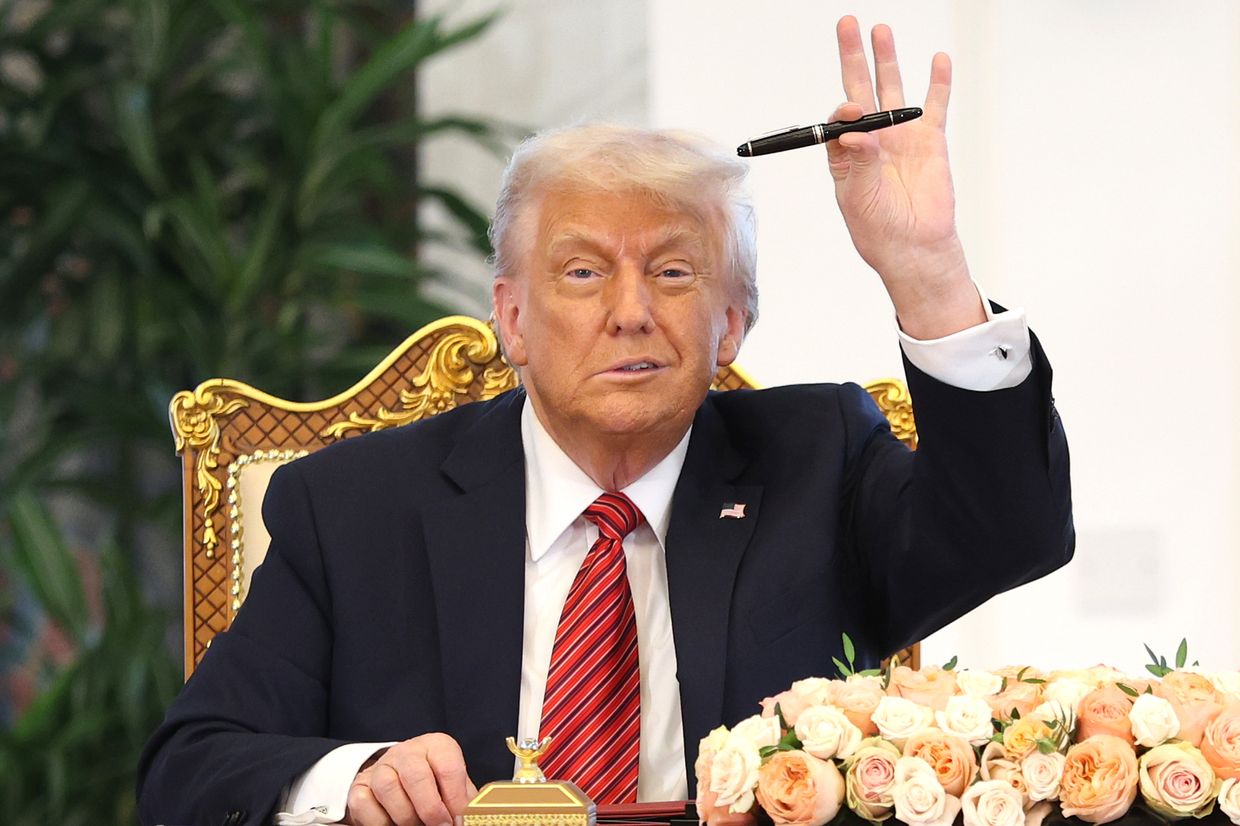
.png)
 German (DE)
German (DE)  English (US)
English (US)  Spanish (ES)
Spanish (ES)  French (FR)
French (FR)  Hindi (IN)
Hindi (IN)  Italian (IT)
Italian (IT)  Russian (RU)
Russian (RU)  1 day ago
5
1 day ago
5
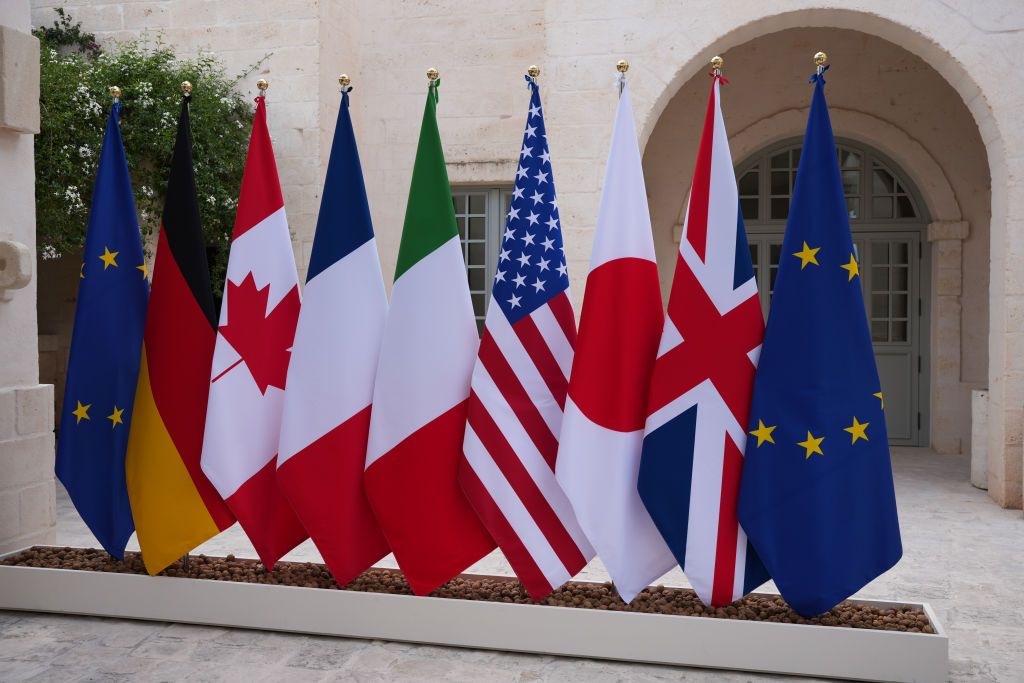
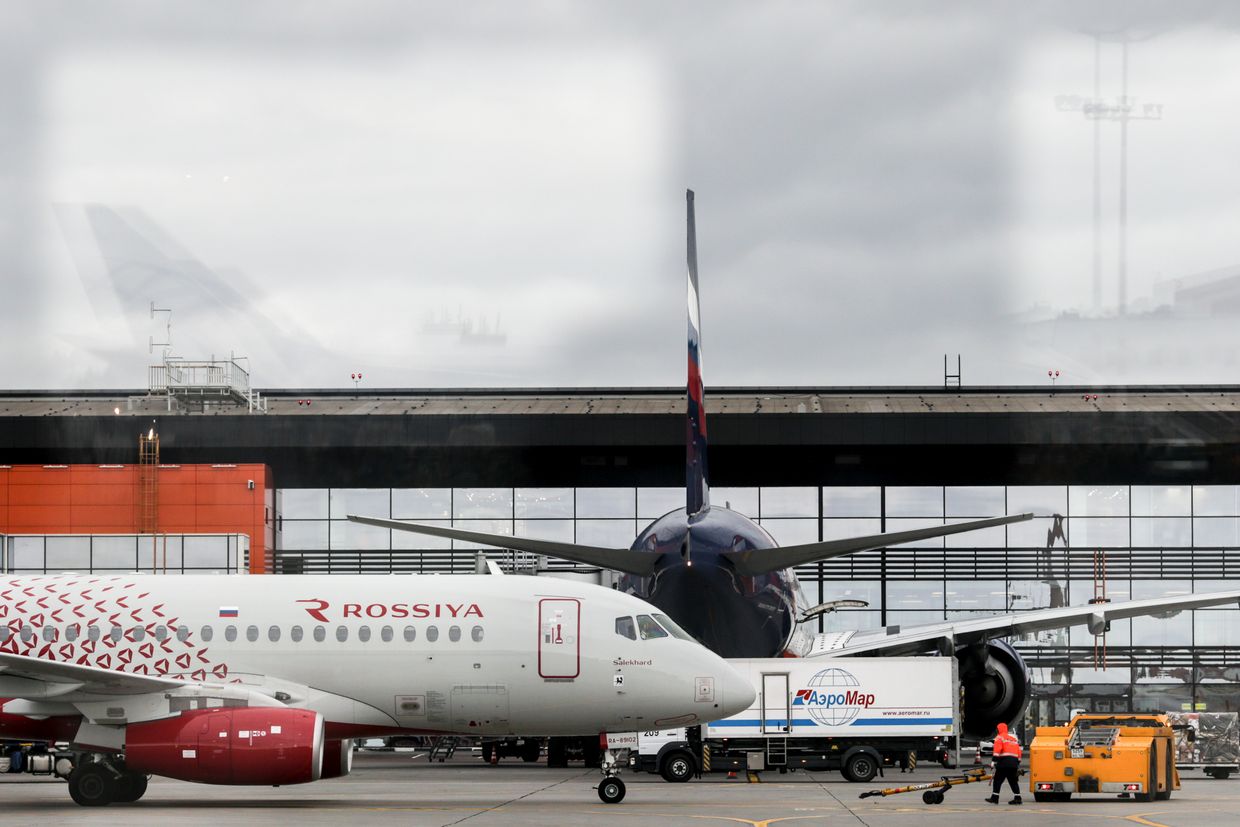
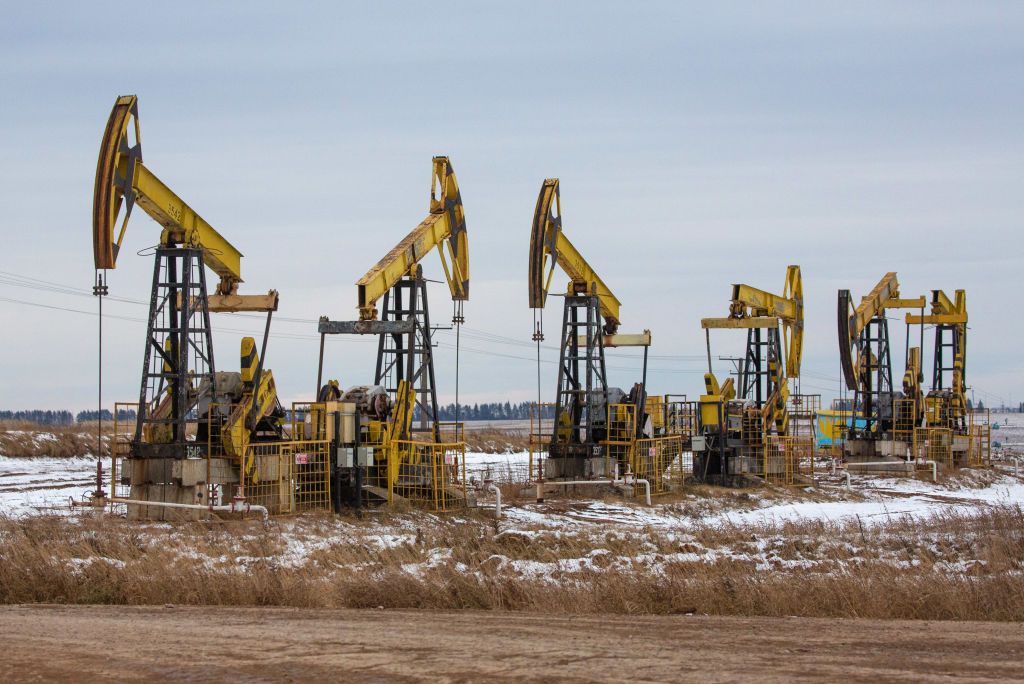
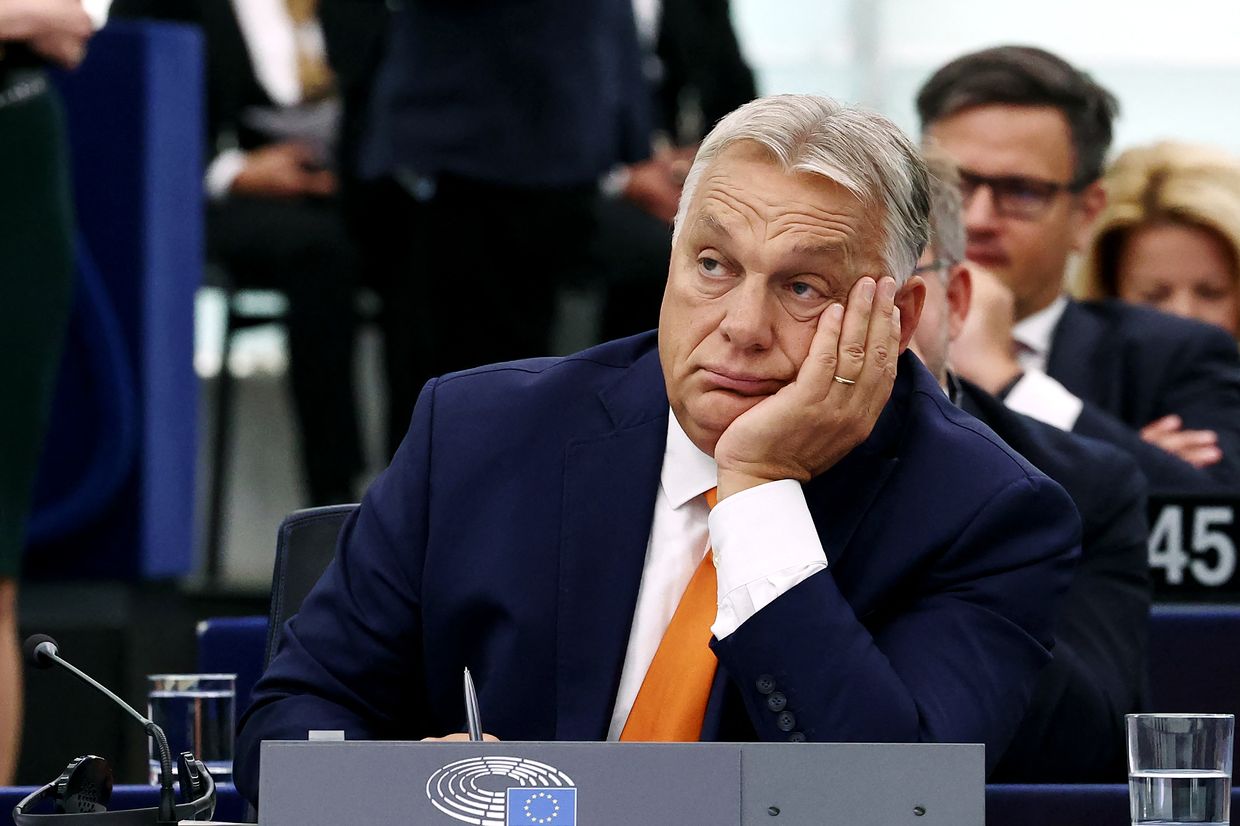
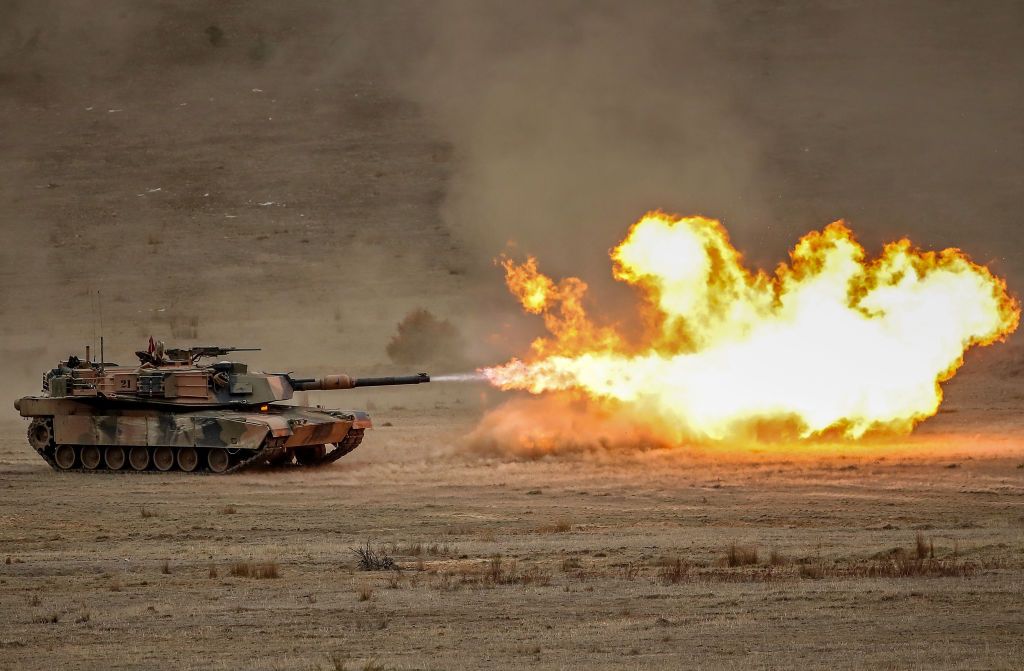




Comments